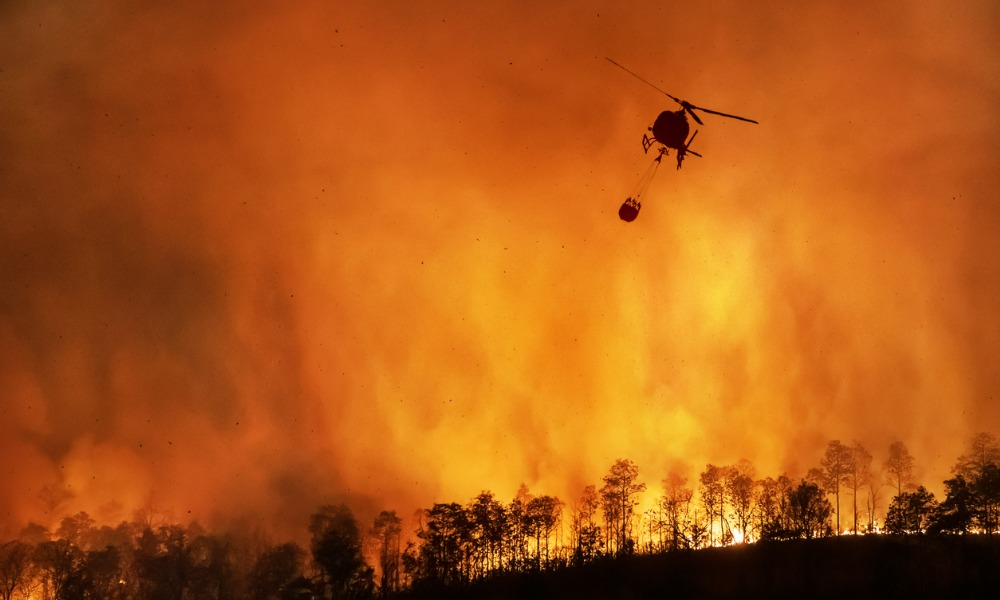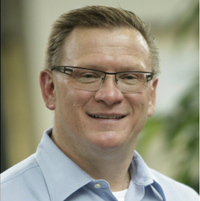Residents, workers suffering from PTSD, severe anxiety

It has been one year since a wildfirebegan just outside of Fort McMurray, Alta. The fire started in May and by June the clean-up was well underway and the evacuees started returning. The re-building continues and so for most Canadians, this event is now just a page in history. This is not surprising, really, in a world with 24/7 access to and bombardment by the news. The reality is that since this fire, a lot has happened. The Gatlinburg fires in Siever County, Tenn. wiped out 15,000 acres of forest, over 1,000 buildings and killed more than 10 people. In New South Wales, Australia, over 50 fires burned out of control in November alone. Wild fire continued to wipe out forests and homes until the spring rains came. It isn’t just news about wildfires. There is always news pouring in at us such that the fires of Fort McMurray are not just a mere dot in our memories. In fact, it is very hard to even find a news update about how things are going in Fort McMurray.
So I guess we can say this issue is over and closed. Or is it? Ask any current or former resident of Fort McMurray and they’ll tell you it is far from over. The fire that was known as “the beast” left a path of destruction visible from space. It also left a path of destruction on the psyche of many of the residents who lived there. Interestingly enough this trauma impacted the full spectrum of people ranging from those that experienced very little collateral damage to those that lost it all.
Exposure to such trauma can be damaging and can result in something most commonly referred to a post-traumatic stress disorder (PTSD). PTSD is a mental health condition that's triggered by a terrifying event, such as “the beast,” and the sense of helplessness created by the forced evacuation. Symptoms may include flashbacks, nightmares and severe anxiety, as well as uncontrollable thoughts about the event.
I personally know several safety colleagues impacted by the event. I think they all have suffered from the emotional burden and of course some have faired better than others. Some admit that they are suffering, others “bottle it up” hoping it will subside or just “go away”. The physical rebuilding of Fort McMurray will take a few years. Even the long drawn out process of dealing with insurance to adjust the losses is time consuming and it is a burden that rekindles the anxiety. Victims of the fire are forced to relive the event each time they look at or review the property contents list under consideration by the insurance company to assess coverage and adjust the claim. Every holiday, birthday and significant date is a reminder to the victims of the fire, the evacuation and their new reality. Videos, postings on Facebook and even news articles or TV stories of fires elsewhere force the affected to relive the Fort McMurray event. Time to heal will be measured in years.
The CBC reported in August 2016 that almost one-quarter of the evacuees, over 20,000 people, have reached out for mental health services as they try to deal with what happened that day. People who were evacuated feel very uprooted. The legacy of this event will go on for some time still. Mental health professionals say this is just the beginning. They expect more people to seek help as the enormity of what happened continues to sink in.
Sandra Corbett, a psychiatrist and head of mental health services for the region, has been leading the process. People have to deal with the event in different ways and they all go through different emotions. Corbett says there is an initial heroic phase, where people are just happy to have escaped. Then there's a honeymoon phase as people worldwide embrace and support the residents. People rally around and donate money and goods to be distributed helpfully by Red Cross and other non-governmental organizaitons. The next phase after this is called disillusionment, where people begin to feel their grief and loss and have to find ways to cope. This will be the legacy of the fire as the people of Fort McMurray find ways to cope.
Corbett says many residents will be able to get over the anxiety of the fire through talking about their experiences and with community support. But some will have far worse experiences with post-traumatic stress disorder, depression and anxiety disorders. That's why the province of Alberta is putting a three-y to five-year plan in place to deal with the community's mental health needs. We can all have a role to play to help out our neighbours in Fort McMurray:
•Talk to your friends and colleagues but don't pressure them into talking. Provide support and be a good listener.
•Educate yourself about PTSD.
•Try to keep things “normal.” Try to do “normal” things, things that have nothing to do the fire, the past or the trauma.
•Let your friend of colleague take the lead, rather than telling them what to do about things, what they should think or how they should feel.
•Be patient.
The required resources for the re-build have been amassed right now. The planning for the clean-up and the re-establishment of the infrastructure is well underway. What we need to realize is that the human suffering side of this tragedy may continue and that we have a role to play to help our friends and neighbours. The professionals are implementing a plan to help but we can all have a role to play. Take a few minutes and reach out to a few of those impacted. Lend a hand or simply a listening ear. Our friends and colleagues deserve your support in this their time of need.






